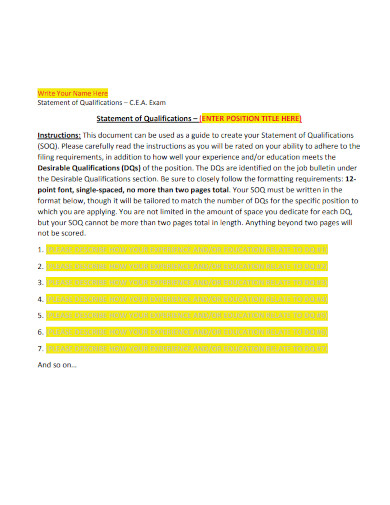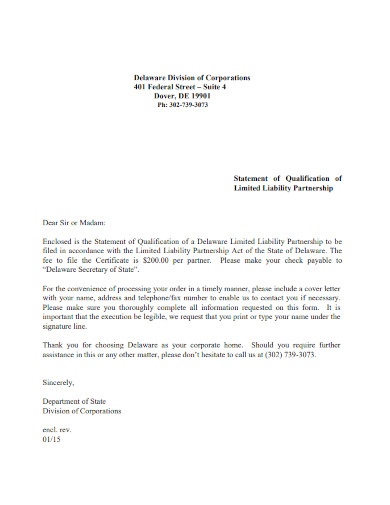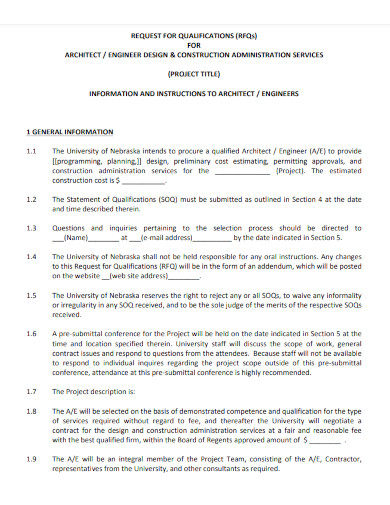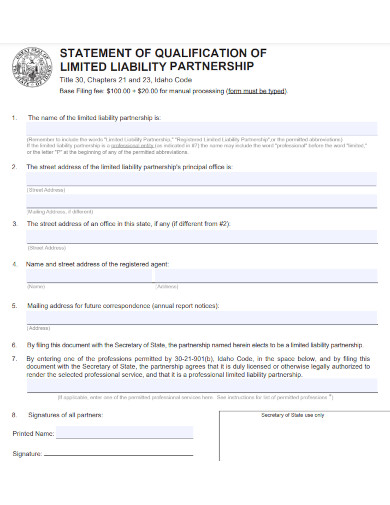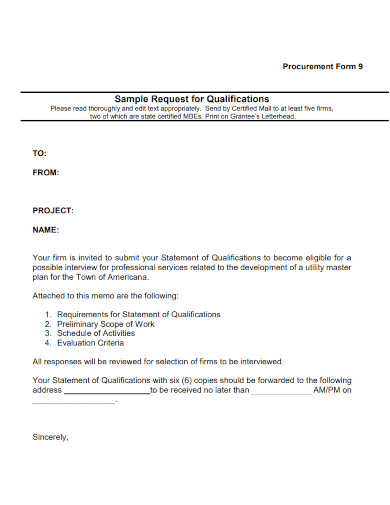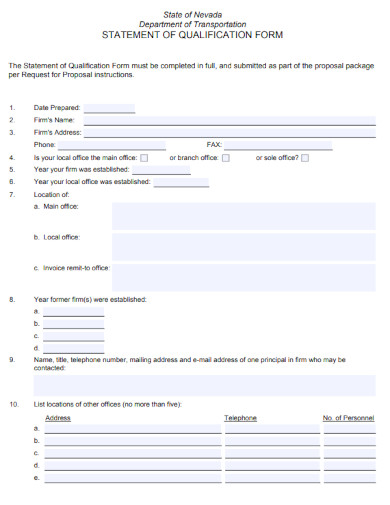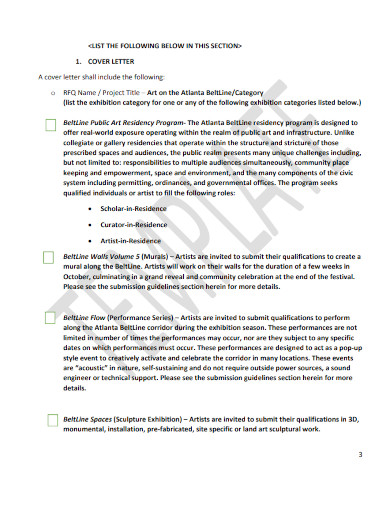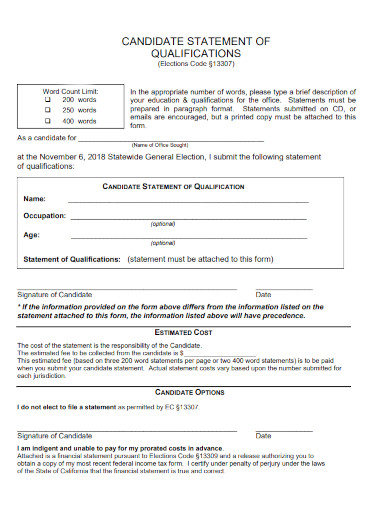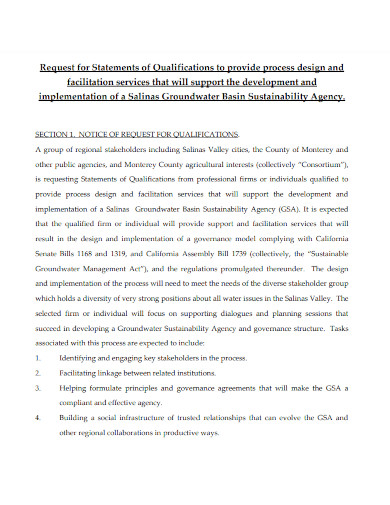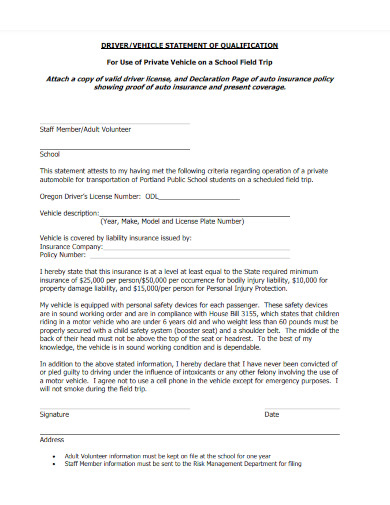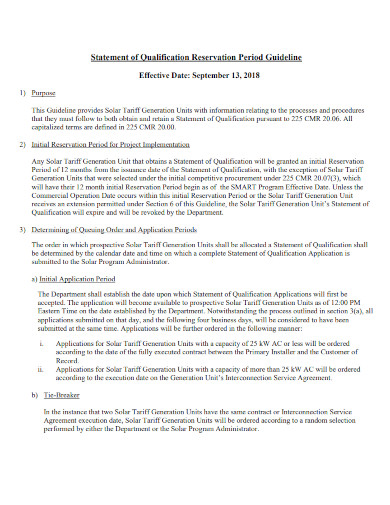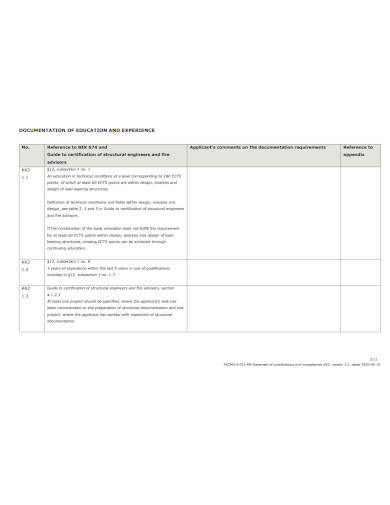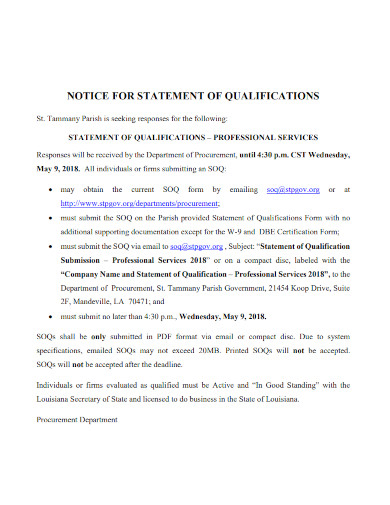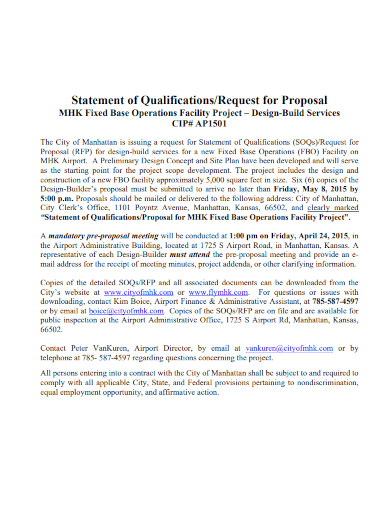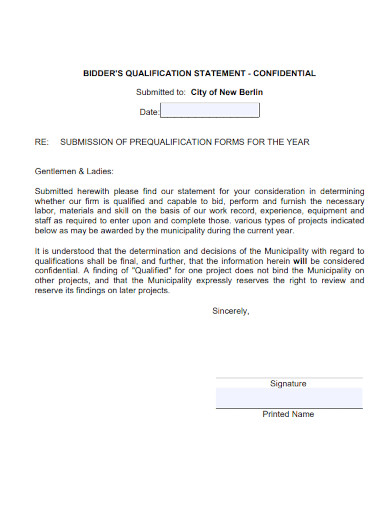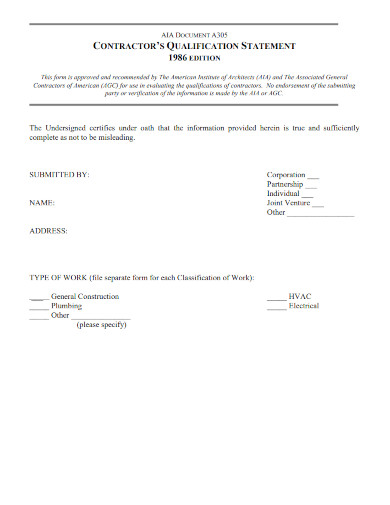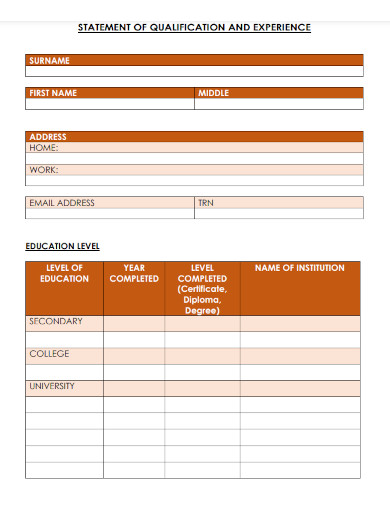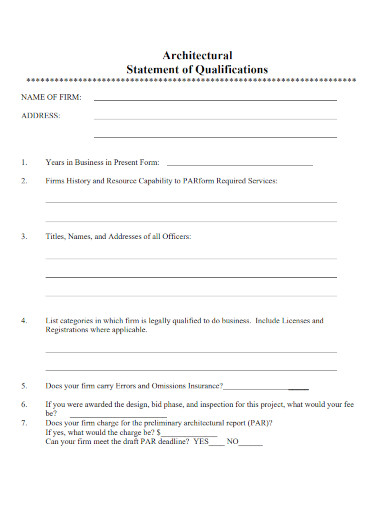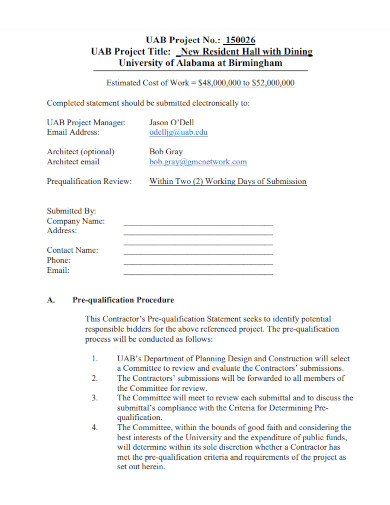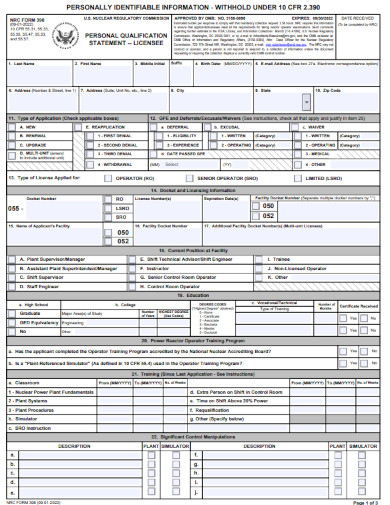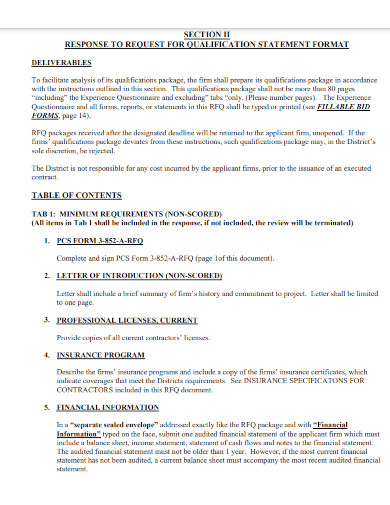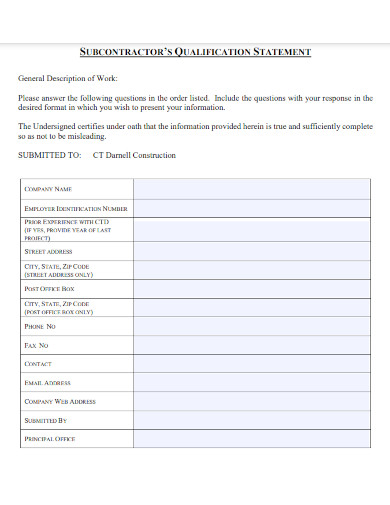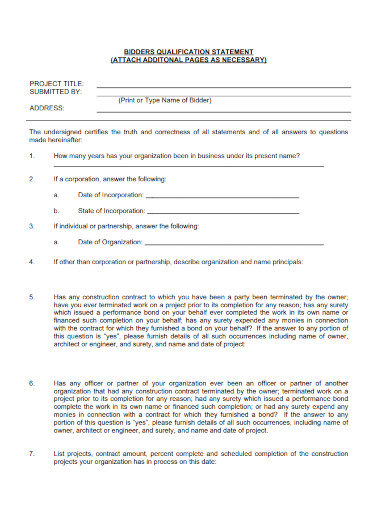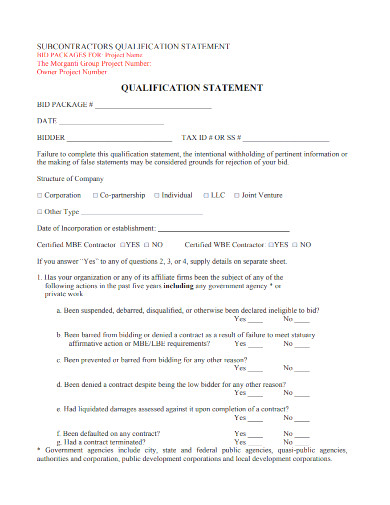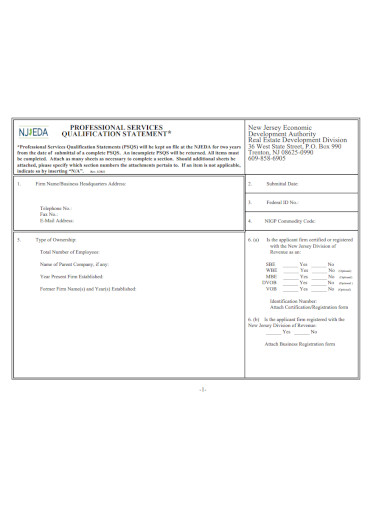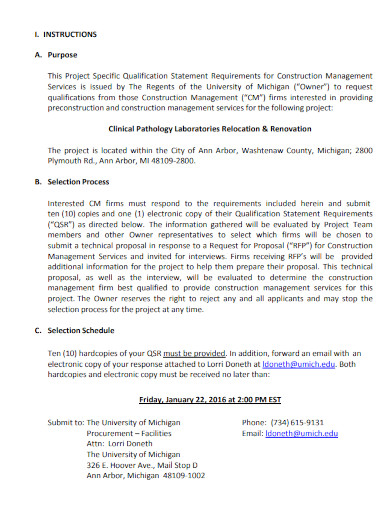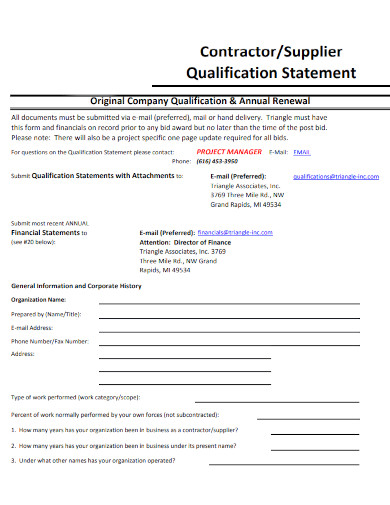26+ Statement of Qualifications Examples to Download
There are plenty of documents and references that can accompany a resume when it is sent to a company. One of these documents is the statement of qualifications or the SoQ.
1. Statement of Qualifications Template
2. Statement of Qualification Limited Liability Partnership
3. Statement of Qualifications Request
4. Statement of Qualifications Limited Liability
5. Sample Request for Statement Qualifications
6. Statement of Qualification Form
7. Statement of Qualifications Submission List
8. Candidate Statement of Qualifications
9. Request for Statement of Qualifications
10. Driver Statement of Qualifications
11. Statement of Qualification Reservation Guideline
12. Statement of Qualification Competences
13. Statement of Qualification Notice
14. Statement of Qualifications for Proposal
15. Bidder’s Qualification Statement
16. Contractor’s Qualification Statement
17. Statement of Qualifications Experience
18. Architectural Statement of Qualifications
19. Contractor’s Pre-Qualification Statement
20. Personal Qualification Statement
21. Responsive to Request for Qualification Statement
22. Subcontractor’s Qualification Statement
23. Bidders Qualification Statement
24. Bid Qualification Statement
25. Professional Services Qualification Statements
26. Project Specific Qualification Statement
27. Supplier Qualification Statement
What Is a Statement of Qualifications
A statement of qualifications is a letter that accompanies the resume and cover letter when the applicant applies for a position. This letter will indicate any reason why the applicant is qualified for the position they are applying for.
How to Write a Statement of Qualifications
A well-written and effective statement of qualification or SoQ can be used to enhance the cover letter and the work experience of the general resume. If you need more references when you write your statement of qualifications, you may use any of the following statement of qualification templates, forms, or lists on the links above.
1.) Introduce Yourself
Begin by introducing yourself to the hiring manager. This should include your full name, where you are living at the time and small details about yourself. This will serve as the reference that the HR or the hiring manager will use to address you and your application.
2.) Start with your Strongest Hard and Soft Skill
Start strong by listing out or describing your strongest hard and soft skill, that is adjacent to or related to the position you are applying for. Be sure to list out past experiences or practical applications that these skills can be applied to.
3.) Indicate the Amount of Knowledge or Experience you Have in the Field
The next thing to indicate is the amount of knowledge or experience you have in your field. You should accurately and concisely reflect your overall knowledge or experience in the field so that the HR or the hiring manager can use this information to gauge whether or not you are fit for the position.
4.) Make a Strong Conclusion
Be sure to end with a strong conclusion. This will be the closing paragraph and statement of your statement of qualifications. If this is properly executed, the statement of qualifications will make a large impact on the hiring process.
FAQs
What are the differences between statements of qualifications and work experience?
The statement of qualifications only indicates whether or not the sender is qualified for the position. This qualification will only account for the person’s hard and soft skills, and the person’s education. The statement of qualification is an optional part of the resume and should only be required if the person has little or no work experience to take note of. Work experience is the required part of the resume that indicates the amount of practical experience the applicant has in the position they are applying for, this can also include positions that are adjacent to the one they are applying for.
Do all of my resumes need a statement of qualifications?
No, the statement of qualifications is an optional part of the resume and you do not need to explicitly make one. This is because experience takes more priority than qualifications, due to the practical nature of experience. The only time when a resume would require a statement of qualification is when they do not have any work experience to put into their resume. This is great for fresh graduates who want to apply for internships or work. But this does not mean that work experience and statement of qualifications are mutually exclusive from one another.
What are the advantages of using or inserting a statement of qualifications in a resume?
The statement of qualification allows the sender or the applicant to have an extra layer of reference that can be used as an addendum to the resume. But you should note that some HR or hiring managers do not care about the statement of qualifications when the applicant has extensive work experience or resume experience. Just gauge whether or not you need to supply a statement of qualifications, as making one could be a waste of time and resources.
A statement of qualifications is a separate document that can be used in conjunction with the perfect resume to present the hard and soft skills, and the knowledge the applicant has. In conclusion, a statement of qualifications can effectively communicate the applicant’s qualities to help them pass through certain parts of the hiring process.


